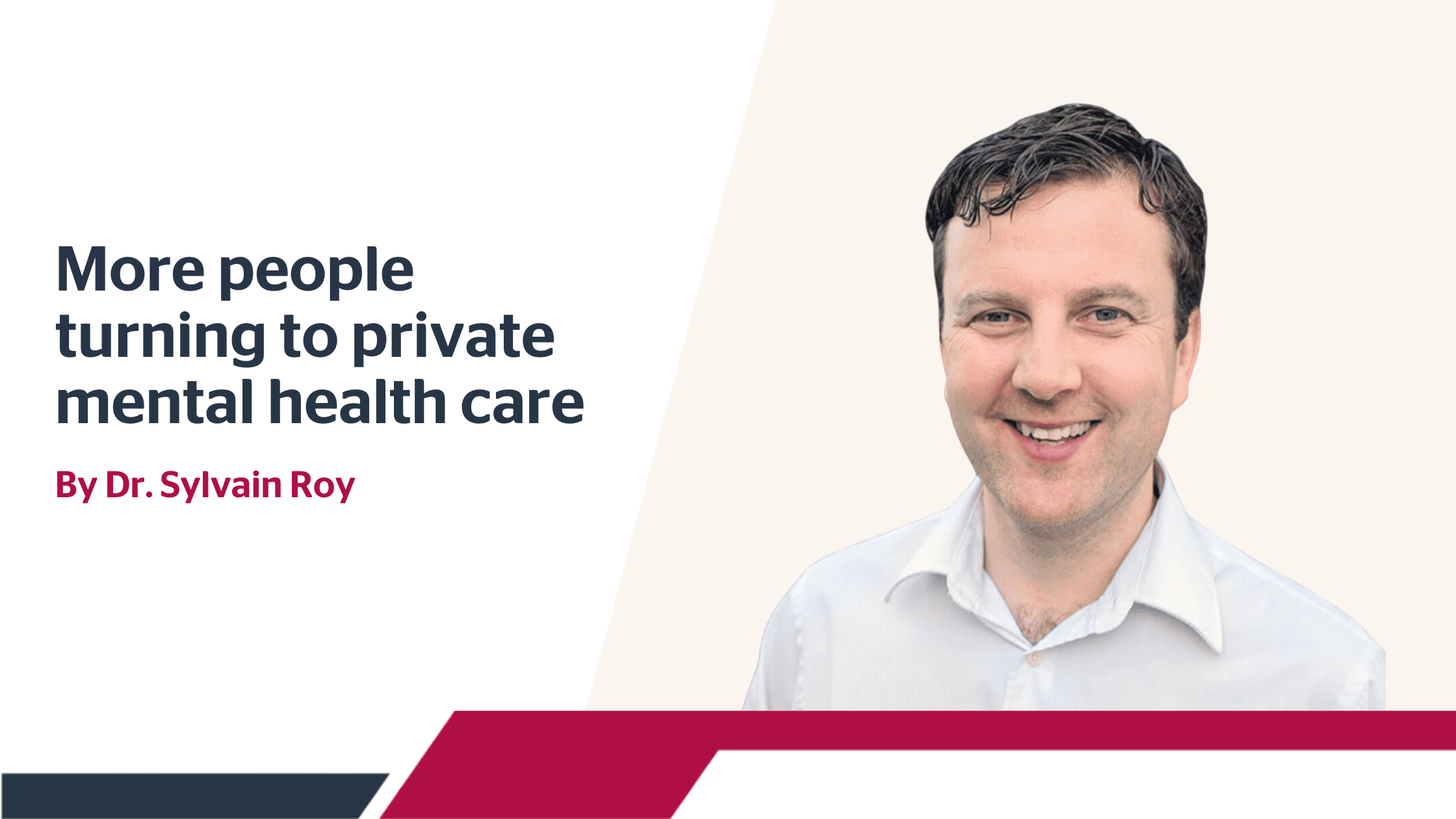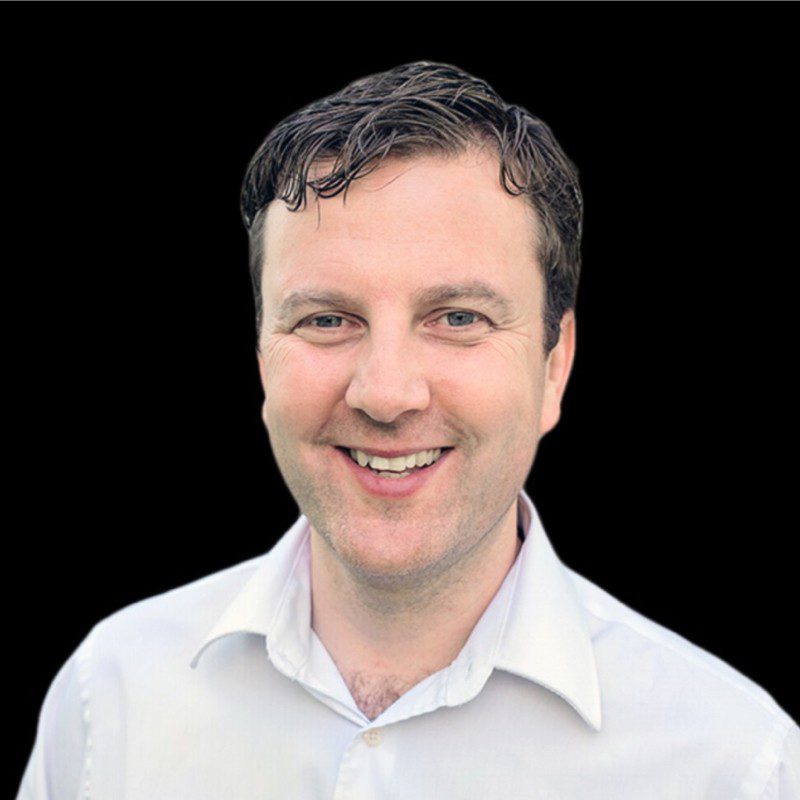
New data from the Ontario Psychological Association shows that service requests for privately delivered psychological services increased in 2022. In this article published by The Hamilton Spectator, Strata Health’s Director Strategic Initiatives, Dr. Sylvain Roy, shares his perspective on the issue.
It’s been three years since we first began to hear about COVID-19, and so much has changed from a mental health perspective. The publicly funded health system’s ability to respond to the increasing mental health needs has been confronted by ongoing health human resources challenges. Yet, mental health professionals continue to be busier than ever. Ontarians are doing what they can to access care, even if it means paying out of pocket for desperately needed services. Thankfully, employers have recognized the depth of the mental health crisis and have improved workplace coverage options, but is this the best we can do as a society?
New data from askforhelptoday.ca, the Ontario Psychological Association’s eReferral and matching service, shows that service requests to psychologists have increased by 47 per cent for adults and 104 per cent for children and youth between 2021 and 2022. Proportionally speaking, 19- to 24-year-old Ontarians submitted more requests for help than any other group. Increasing demand has meant long waits for both public and private services. In 2020, 61 per cent and 46 per cent of psychologists saw patients within four weeks in the private and public systems, respectively, but this number dropped to 44 per cent and 28 per cent in 2021. The level of stress on the system is not sustainable. A longer-term solution will require investments in more mental health professionals, as Ontario is second last in Canada in terms of the psychologist-to-population ratio. In the here and now, we can address the mental health services backlog by leveraging data to better inform policy.
Mental health services are diverse and complex to navigate. Professionals may work with specific age groups and client populations. Patient-clinician matching is paramount in a post-pandemic world. There is nothing more irritating for parents than having to call dozens of clinics only to find out they are fully booked or don’t offer the service they seek for their child.
We’ve learned that Ontarians asked to be matched to services with the lowest waits, or that can accommodate evening and weekend visits. The gender, language, and ethnicity of clinicians also matter. Most service seekers indicated they preferred virtual care (40 per cent) over in-person visits (21 per cent). Though, it’s important to note that requests for in-person care increased from 16 per cent to 24 per cent between 2021 and 2022. Publicly funded services should strive to accommodate all these preferences.
One-size-fits-all approaches too often leave people behind. Needs in the north often differ from those in the south or large urban centers. Children at different stages of development will require different types of care than teens, adults, or seniors. For instance, the top diagnostic service requests for children between the ages of 3 and 5 were for autism or a neurodevelopmental disorder, while ADHD was number one for 6- to 12-year-olds. On the treatment side, anxiety and emotion regulation were the most important service requests for children and youth, while anxiety, depression, and trauma were most important for adults.
Virtual care adoption has reduced geographic and linguistic barriers, but cost remains a limiting factor for Canadians needing psychological services. The Ontario government has been funding psychological services for frontline health workers. The program has been impactful, and patient satisfaction has been high. Publicly funded, privately delivered psychological care in Ontario, in the context of the health human resources crisis, could ensure faster, more equitable access to care for patients who can’t afford to pay.


About the Author
Dr. Sylvain Roy is a neuropsychologist that has spent the last decade advocating for equitable access to mental health services. He practices at Inner City Family Health in Toronto and works exclusively with persons with disabilities experiencing poverty and homelessness. He has taken on leadership roles through the Ontario Psychological Association, is director of strategic initiatives at Strata Health, and more recently ran for provincial office with the Ontario Liberal Party. Connect with Sylvain on LinkedIn.